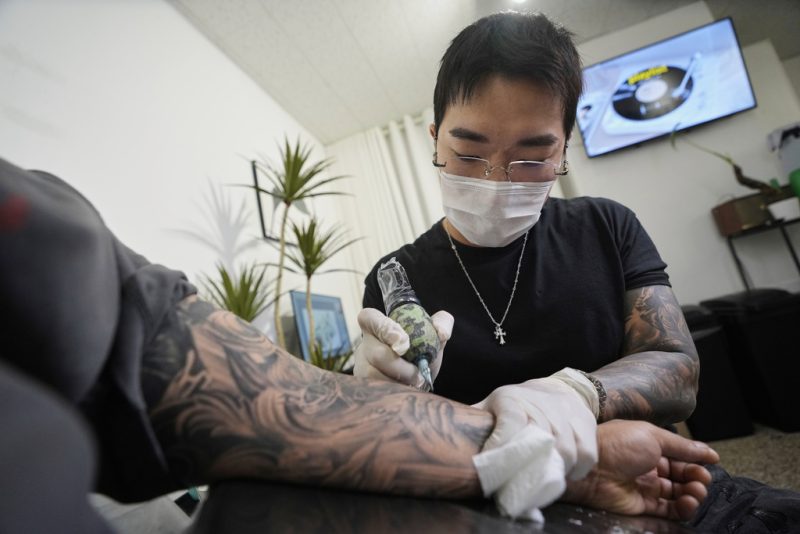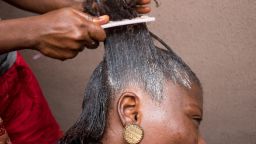After getting a tattoo, many individuals report experiencing a condition commonly referred to as “tattoo flu.” This phenomenon is not a viral infection but rather a reaction some people have to the tattooing process, particularly following larger tattoos or extended sessions. According to experts, this reaction stems from the body’s immune response to what it perceives as a trauma.
What Causes Tattoo Flu?
Mary Lupo, M.D., a board-certified dermatologist and adjunct faculty member at Tulane University, explains that the “tattoo flu” can manifest as an immune response, varying significantly among individuals. “The bigger the tattoo, the greater the assault, and you’re probably more likely to get it on subsequent tattoos, because you’ve been sensitized by the first one,” Lupo stated. This response can lead to symptoms such as body aches, fever, chills, and nausea.
Many first-time tattoo recipients also report feeling unwell after their appointments. Timothy Lebron, an artist at HERE tattoo parlour in Brooklyn, noted that clients often experience a “foggy, feverish feeling” post-tattoo. He elaborated that this occurs as the immune system activates, causing inflammation and fluctuations in stress hormones, akin to the aftermath of a hangover.
Users on social media platforms, including Reddit, have shared their experiences, with comments highlighting feelings of nausea and extreme fatigue. One user described feeling “hot and exhausted,” while another recalled “fever and horrible cold chills.”
Expert Insights on Recovery
In addition to these accounts, Jeff Garnett, co-founder of InkLess Tattoo Removal in New York City, shared his own experience with tattoo flu after two lengthy sessions in 2020. He characterized it as a natural reaction to the repeated puncturing of the skin. Garnett cautioned that some individuals might confuse the symptoms with common illnesses, as their immune systems are preoccupied with healing the tattoo.
“Your body can only handle so much,” he noted, which is why he avoids scheduling long sessions for tattoo removal. He emphasized the importance of not overwhelming the immune system during such processes.
To mitigate the effects of tattoo flu, experts suggest specific recovery strategies. Garnett recommends staying hydrated during both tattooing and removal processes. Lebron advises clients to consume a nutritious meal and electrolytes. Lupo supports the use of anti-inflammatory medications post-session to alleviate discomfort.
“Most of the time, people sort of treat it symptomatically and deal with it,” Lupo said, emphasizing that while symptoms can be uncomfortable, they are typically manageable.
Lebron encourages those affected not to panic if they experience tattoo flu. He suggests resting, drinking water, eating foods rich in salt and carbohydrates, and even taking a warm shower. “You’ll usually feel fine by the next day,” he added.
Interestingly, some individuals report having no adverse reactions despite multiple tattoos. One TikTok user humorously remarked, “I didn’t even know tattoo flu was a thing lmao and I’m covered in them,” highlighting that while some may be susceptible, others sail through the tattooing experience unscathed.
Understanding tattoo flu can help individuals prepare better for their next session and manage any potential symptoms effectively, ensuring that the experience remains enjoyable.







